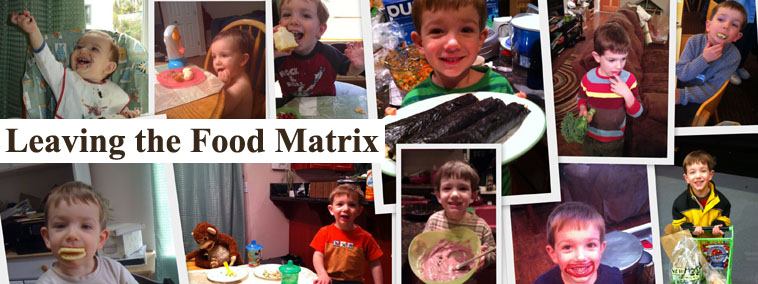That said, I have felt like there's been a missing piece in my attempts to find the right balanced diet for me. Despite numerous attempts at elimination diets, something just wasn't adding up. I recently went to a new naturopath and she did a food intolerance test. I feared the worst - that I might be intolerant to fruit, since I had eliminated pretty much every thing else out of my diet at one time or another (outside of a few select vegetables). I recently got back my results, and the big culprit was... dairy! That, and peanuts as well as fruit combined with with sugar - which I guess makes those chocolate banana peanut butter smoothies I often crave and occasionally indulge in a giant no no!
"How could this possibly be?" I asked myself. I've eliminated dairy numerous times and never noticed any major issues when I reintroduced it. I did start to suspect it was contributing to breakouts but then I concluded that it was just hormones. I guess it was just too easy to rationalize any potential reactions away.
Here's the thing though, unlike food allergies, which I never tested positive for, food intolerances don't always have an immediate effect. It can take up to two days to see an effect, and even then it might be subtle. On even the best and most deliberate of reintroductions, you wait a few days between foods - maybe even a whole week for big stuff like gluten and dairy. Still, when you consider stress, activity level, hormones and any number of other factors, what seems like a response to food, could be attributed to any number of thing and vice versa.
When I reintroduced eggs after the autoimmune protocol, I was convinced for a while that I had issues with eggs. But then I had a few times I had them without issue. I figured out that the times I was trying eggs were on lazy Saturdays when I didn't get up to do much until the afternoon. Seems the problem was more with getting going after a long period of inactivity than it was with eggs themselves.
Funny thing is, when I cut out dairy and had the occasional coffee indulgence, I would use almond milk and get an immediate negative reaction. When I reintroduced dairy with my coffee, the immediate response went away. This seemed further evidence to me that dairy was just fine. So when I got loose with my dietary restrictions, dairy was usually one of the easiest to go overboard on.
I was told the biggest obstacle against trying an elimination diet was that it was so hard to follow. For me, though it was a challenge, with good preparation it was manageable. The biggest obstacles for me were all the other factors that can influence my response to food.
I'm not saying that I didn't get anything from the elimination diets. I still feel that I do better when I don't go overboard on grains, beans, sugar and even nuts. When I overindulge, I tend to feel bloated and tired. I tend to do best with something resembling the "Perfect Health Diet," which is another reason I thought dairy in moderation seemed OK. I think it's really good to get a sense of how things make you feel and start to listen to your intuition about your body. Just realize that there are so many factors involved and it's easy to rationalize your way into the wrong conclusion.
So, by all means, pay attention to what you eat and how you feel when you eat it. Try an elimination diet if you want to get more specific. Just don't over rationalize it and consider that it might also be useful to try a food intolerance test (not just a food allergy test) to see if there's something your missing.
 |
| Broccoli White Cheddar Soup |
And here's a tasty soup I won't be having again (though I may play with modifying it): 2 cups whole (raw) milk, 2 cups broth (beef), 12 oz broccoli pieces, 3 oz white cheddar, 1 t salt, 1.2 t onion powder, 1/2 t garlic powder, 1/4 t white pepper. Blend in a Vitamix on soup setting (or heat in saucepan when ready). Steam 4 oz broccoli florets. Add and pulse a few times when done.
